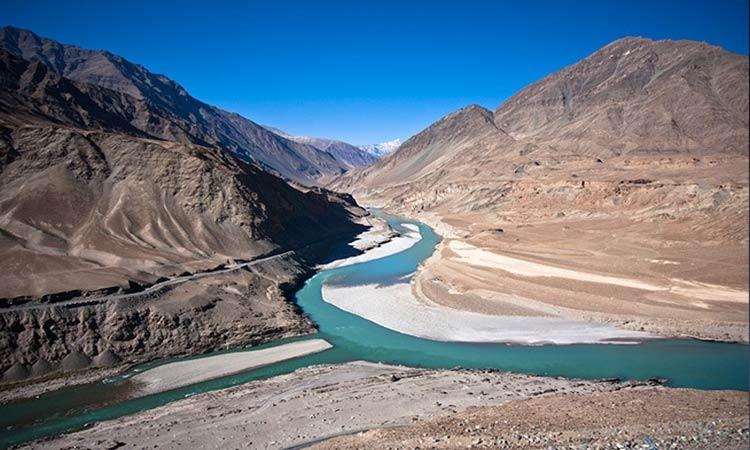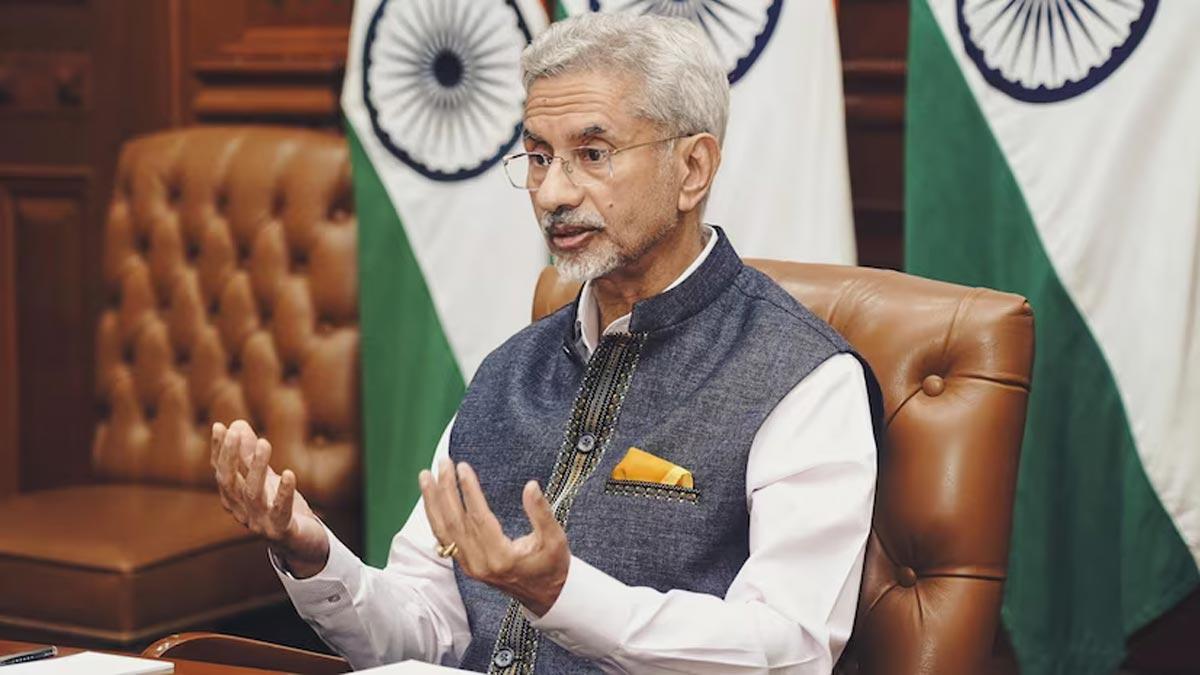India on Friday issued a notice to Pakistan, blaming it of "intransigence" on the implementation of the Indus Water Treaty (IWT), according to reports.
Reports quoting sources said that the "notice of modification" was sent to Islamabad on January 25.
India and Pakistan had signed the IWT in September 1960 after nine-year-long negotiations.
The World Bank was a signatory of the pact.
The IWT envisages a mechanism for cooperation and information exchange between the two countries regarding the use of waters of a number of rivers.
Also Read | EU ministers discuss challenges of migration from third countries
The reports quoted sources as saying that India has always been a steadfast supporter and a responsible partner in implementing the IWT in letter and spirit.
Pakistan's actions however have adversely impinged on the provisions of IWT and their implementation and forced India to issue an appropriate notice for modification of the pact, reports quoting sources said.
In 2015, Pakistan had called for appointment of a neutral expert to its technical objections to Kishenganga and Ratle Hydro Electric Projects in India.
In 2016 however, it retracted the request and sought a court of arbitration to adjudicate its objections.
This unilateral action by Pakistan was in contravention of the graded mechanism of dispute settlement envisaged by Article IX of the IWT, reports quoting sources said.
Consequently India made a separate request for the matter to be referred to a neutral expert.
The initiation of two simultaneous processes on the same questions and the potential of their inconsistent or contradictory outcomes creates an unprecedented and legally untenable situation, which risks endangering the IWT itself, reports quoting sources said.
Also Read | Indian-American astronaut nominated for promotion to US Air Force brigadier general
"The World Bank acknowledged this itself in 2016, and took a decision to 'pause' the initiation of two parallel processes and request India and Pakistan to seek an amicable way out," the sources were quoted as per reports.


















